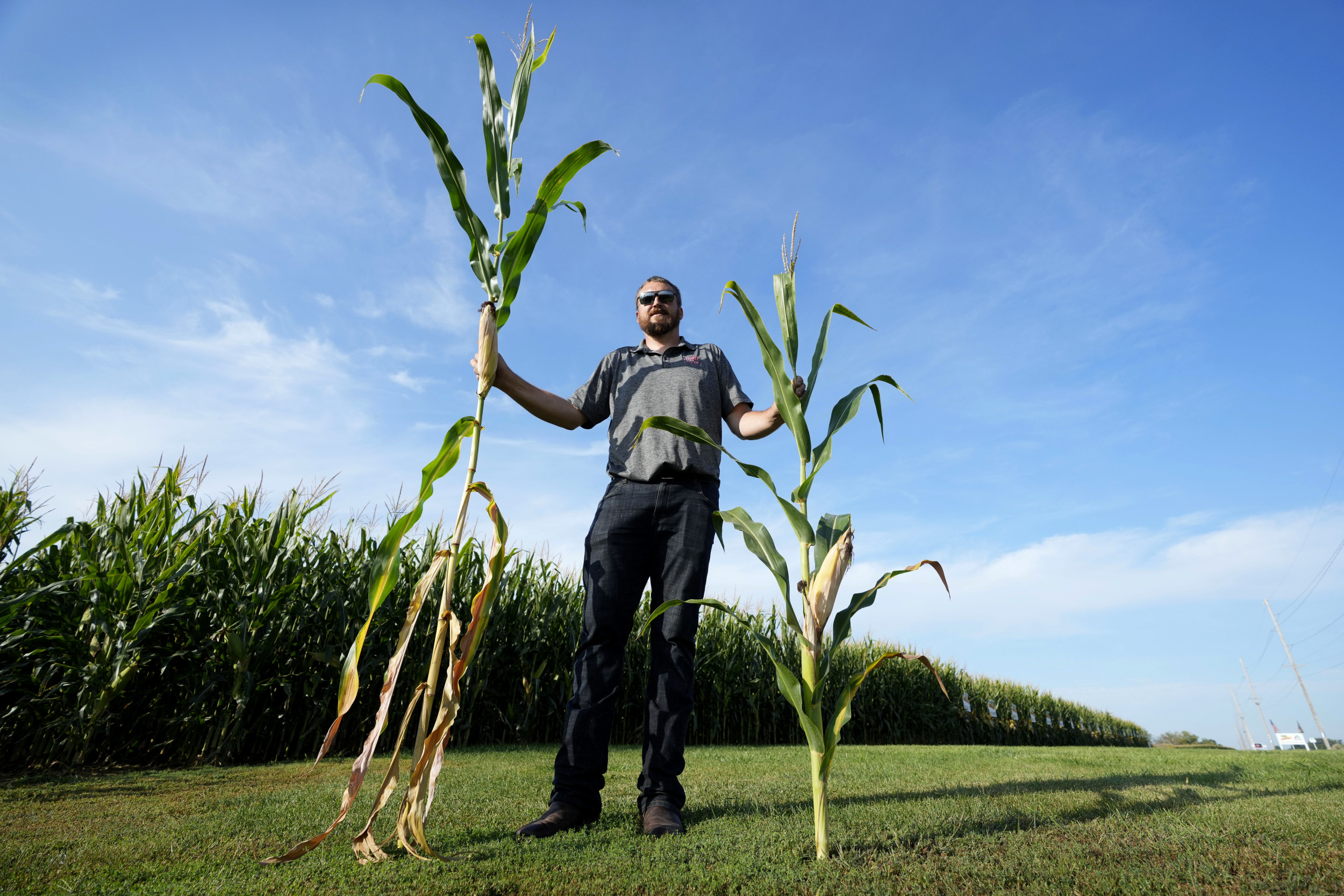🎙️ Voice is AI-generated. Inconsistencies may occur.
Coca-Cola has responded to President Donald Trump's claim that it had agreed to use real cane sugar in its products, but stopped short of confirming it.
The president wrote on Truth Social on Wednesday: "I have been speaking to Coca-Cola about using REAL Cane Sugar in Coke in the United States, and they have agreed to do so. I'd like to thank all of those in authority at Coca-Cola. This will be a very good move by them — You'll see. It's just better!"
But Coca-Cola, which has not confirmed a move to cane sugar, replied to a comment on Trump's post, saying: "All Coca-Cola brand products are wholesome beverages manufactured in compliance with the federal law."
Why It Matters
This comes amid a long-standing debate about sweeteners in popular U.S. soft drinks.
While Coca-Cola in the U.S. is typically sweetened with high-fructose corn syrup—a choice shaped by agricultural subsidies and cost considerations—many international versions of the beverage, such as Mexican Coca-Cola, use cane sugar and are considered superior by some consumers.
Trump's claim is tied to his administration's Make America Healthy Again (MAHA) initiative, led by Health Secretary Robert F. Kennedy Jr., which seeks to reformulate foods to reduce added sugars and artificial ingredients.
However, Coca-Cola and medical authorities argue that high-fructose corn syrup and cane sugar are nutritionally similar, disputing that a switch would yield major public health benefits. The discussion also has economic implications, with the Corn Refiners Association warning that a move away from corn syrup could lead to job losses and harm to U.S. agriculture.
What To Know
Coca-Cola's response was posted under a Fox News report of Trump's annoucement on X, formerly Twitter, which said: "President Donald Trump celebrates a new win for the 'MAHA' movement as Coca-Cola announces it's switching from artificial flavoring to real cane sugar—earning the president's praise as the popular drink gets a classic makeover."
When a social media user asked a question about high-fructose corn syrup, Coca-Cola weighed in.
It said: "The name sounds complex, but high fructose corn syrup (HFCS) —which we use to sweeten some of our beverages—is actually just a sweetener made from corn. It's safe; it has about the same number of calories per serving as table sugar and is metabolized in a similar way by your body.
"The American Medical Association has confirmed that HFCS is no more likely to contribute to obesity than table sugar or other full-calorie sweeteners. Please be assured that Coca-Cola brand soft drinks do not contain any harmful substances.
"All Coca-Cola brand products are wholesome beverages manufactured in compliance with the federal law governing food safety and labeling, the laws of all the states, and the laws of over 200 countries throughout the world where they are sold."
The MAHA initiative, spearheaded by Kennedy, has urged food companies to remove artificial dyes and reduce sugar in processed foods.
Kennedy has publicly criticized the high quantity of sugar, including high-fructose corn syrup, in the American diet. He stated that new dietary guidelines would recommend more whole foods and fewer added sugars.
But there would be economic consequences to any move toward cane sugar with the Corn Refiners Association, representing corn syrup producers, warning that a decision like this would cost jobs and boost foreign imports.
What People Are Saying
A Coca-Cola spokesperson told Newsweek in a statement: "We appreciate President Trump's enthusiasm for our iconic Coca‑Cola brand. More details on new innovative offerings within our Coca‑Cola product range will be shared soon."
The Corn Refiners Association said: "Replacing high fructose corn syrup with cane sugar would cost thousands of American food manufacturing jobs, depress farm income, and boost imports of foreign sugar, all with no nutritional benefit."

What Happens Next
Coca-Cola has not issued a formal confirmation of a planned switch to cane sugar in its U.S. products and has not released a timetable for any such change. The company indicated new product announcements are forthcoming but did not specifically mention reformulating its flagship Coca-Cola beverage.
It is also unclear if any regulatory or industry-wide changes will follow as a result of the MAHA initiative or the White House's advocacy for reformulated foods.
About the writer
Jordan King is a Newsweek reporter based in London, U.K. Her current focus is on religion, health, food safety and ... Read more



